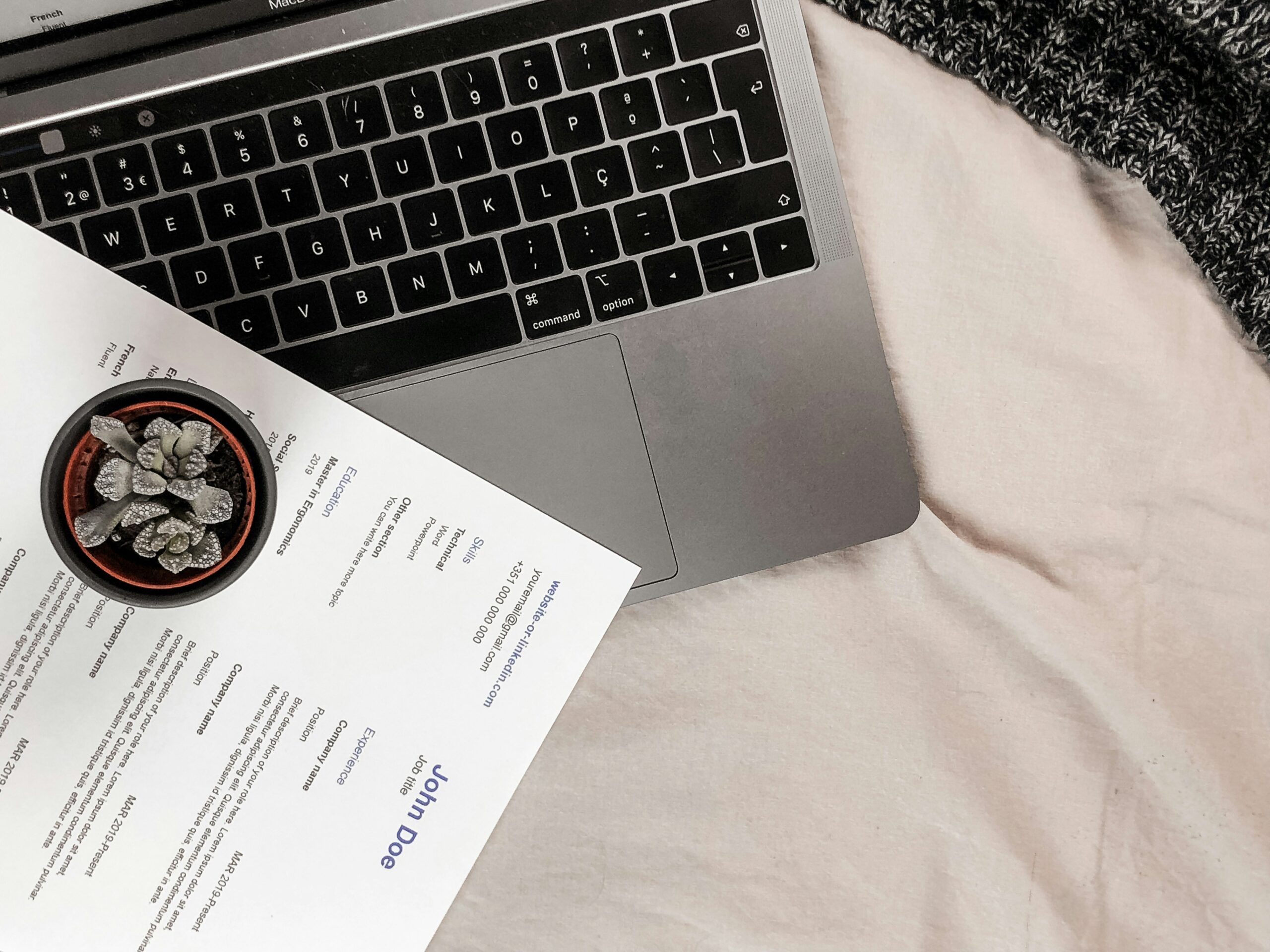Remote work has become increasingly prevalent in today’s workforce, and as such, remote onboarding has become a crucial process for employers. Onboarding new remote hires presents unique challenges compared to traditional in-person onboarding. However, with the right strategies and tools, employers can successfully integrate new employees into their remote teams and set them up for success. This article provides a comprehensive guide for employers on how to effectively onboard new remote hires, ensuring a smooth transition and fostering a positive work environment.
Develop a Detailed Onboarding Plan for Remote Onboarding
Start by creating a detailed onboarding plan that outlines the entire onboarding process, from before the new hire’s start date to their first few weeks on the job. Include information about the company, team structure, job responsibilities, and training materials. Having a structured plan in place will help new hires feel more comfortable and confident in their new role.
Provide the Necessary Tools and Equipment
Ensure that new remote hires have access to all the tools and equipment they need to perform their job effectively. This includes providing them with access to communication tools, project management software, and any other tools specific to their role. Providing the necessary tools upfront will help new hires hit the ground running and feel more engaged in their work.
Schedule Regular Check-ins and Meetings for Remote Onboarding
Regular check-ins and meetings are essential for remote onboarding. Schedule regular one-on-one meetings with new hires to check on their progress, address any questions or concerns they may have, and provide feedback. Additionally, encourage new hires to participate in team meetings and virtual social events to help them feel more connected to their colleagues.
Foster a Sense of Belonging
Remote work can be isolating, so it’s important to foster a sense of belonging among remote employees. Encourage team bonding activities, such as virtual coffee breaks or team-building exercises, to help new hires feel more connected to their team. Additionally, assign a buddy or mentor to new hires who can help them navigate their new role and provide support.
Remote Onboarding | Provide Ongoing Training and Development
Ongoing training and development are key for remote employees to continue to grow and develop in their roles. Provide access to online training courses, webinars, and other resources that can help new hires enhance their skills and knowledge. Encourage new hires to set goals for their development and provide support to help them achieve those goals.
Solicit Feedback and Adapt
Throughout the onboarding process, solicit feedback from new hires about their experience. Ask for suggestions on how the onboarding process can be improved.Thus, be open to making changes based on their feedback. Continuous improvement is key to ensuring that your remote onboarding process is effective and successful.
Celebrate Milestones and Achievements
Recognize and celebrate milestones and achievements reached by new hires during their onboarding process. This could include completing training modules, successfully completing a project, or reaching a specific goal. Celebrating these milestones helps new hires feel valued and appreciated for their contributions.
Leveraging Technology for Virtual Onboarding
With the advancement of technology, employers can leverage various tools and platforms to enhance the virtual onboarding experience. Video conferencing tools like Zoom and Microsoft Teams can be used for virtual meetings and training sessions. Virtual reality (VR) technology can provide immersive onboarding experiences. Further, allowing new hires to virtually explore the office space and interact with colleagues. Additionally, onboarding software can help streamline the onboarding process by automating tasks such as paperwork and training module assignments.
Promoting Engagement and Interaction
Engagement and interaction are key components of successful onboarding, even in a remote setting. Employers can promote engagement by organizing interactive onboarding sessions, such as virtual team-building activities and group discussions. Encouraging new hires to ask questions and participate actively in meetings.Moreover, that can help them feel more engaged and connected to their new role and team.
Providing Clear Communication Channels for Remote Onboarding
Clear communication channels are essential for remote onboarding. Employers should establish clear guidelines for communication, including preferred communication channels and response times. Providing new hires with a contact person or onboarding coordinator who can address their questions and concerns promptly can help facilitate smooth communication and reduce confusion.
Monitoring Progress and Providing Support
Monitoring new hires’ progress during the onboarding process is crucial for identifying any challenges they may be facing and providing timely support. Employers can use performance metrics and feedback from new hires to assess their progress and address any issues that arise. Providing ongoing support and mentorship can help new hires overcome challenges and integrate more seamlessly into their new role and team.
In conclusion, remote onboarding is a critical process for employers to integrate new hires into their remote teams successfully. By developing a detailed onboarding plan, providing the necessary tools and equipment, scheduling regular check-ins and meetings. Further, fosters a sense of belonging, providing ongoing training and development, soliciting feedback and adapting. Thus, celebrating milestones and achievements. Hence, employers can ensure that their remote onboarding process is effective and sets new hires up for success.
To know more CONTACT US









